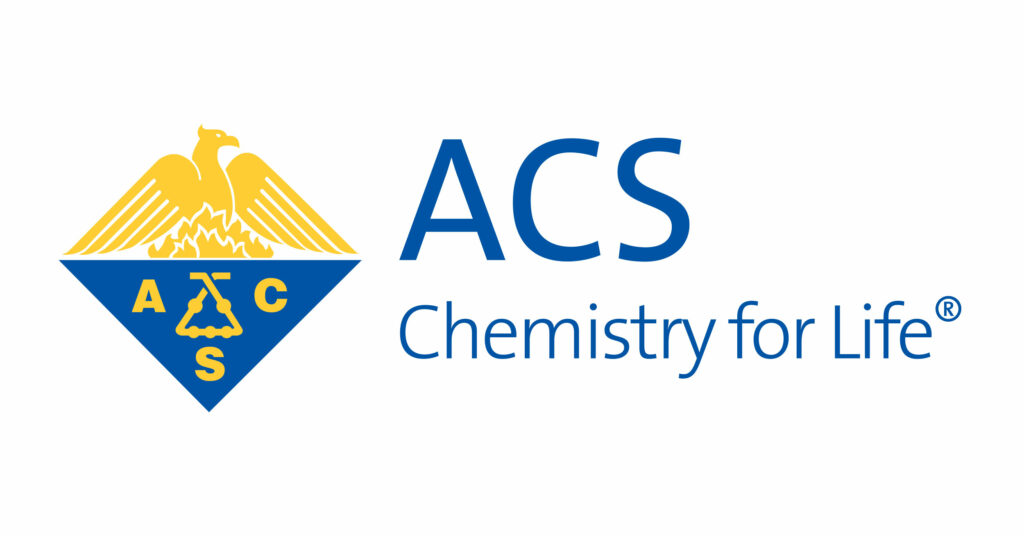Innovations at Union Carbide that laid the foundation for the modern petrochemical industry are being honored with the American Chemical Society’s (ACS’) National Historic Chemical Landmark designation. The dedication ceremony will be held on September 10 at 6:30 p.m. in Clendenin, West Virginia, where this now-global industry had its modest start a century ago.
In 1920, thanks to the vision of George Curme Jr., Ph.D., Union Carbide formed a company to develop a process to manufacture ethylene. The move to ethylene was a revolutionary step because acetylene was the workhorse chemical of the day. Union Carbide, which is now a subsidiary of Dow Chemical, began operating its first ethylene facility in 1921 in Clendenin. Curme and his Union Carbide colleagues also commercialized processes to convert ethylene into several other useful compounds, thereby launching a business sector that has evolved into today’s multi-billion-dollar petrochemical industry.
“These ethylene-based compounds are now used in numerous products — including clothing, packaging, detergents, paints, durable goods and construction materials,” says ACS President H. N. Cheng, Ph.D. “So the achievements we are now celebrating show that chemistry truly is part of our everyday lives.”
This is the first National Historic Chemical Landmark in West Virginia. “The state has a long history of excellence in chemical production and research,” says Micheal Fultz, Ph.D., who prepared the Landmark nomination on behalf of the Kanawha Valley Section of ACS, which includes Clendenin. “The Kanawha Valley is known as Chemical Valley due to the resources, knowledge and transportation systems that help bring products to the market,” adds Fultz, a professor of chemistry at West Virginia State University. “The Landmark dedication recognizes a major accomplishment of talented people who helped provide society with a new building block — ethylene — to build with.”
“Dow and Union Carbide are proud to be part of the long history of innovation in West Virginia and the resulting impact on the entire chemical industry,” says Shannon Huber, senior site manufacturing director at Dow West Virginia Operations. “Dow’s efforts remain rooted in our ambition to be the most innovative, customer-centric, inclusive and sustainable materials science company in the world.”
Participants in the Landmark dedication ceremony are expected to include Roger Hanshaw, speaker of the West Virginia House of Delegates, who holds a Ph.D. in chemistry; Clendenin Mayor Kay Summers; Cheng and Fultz.
From The American Chemical Society
